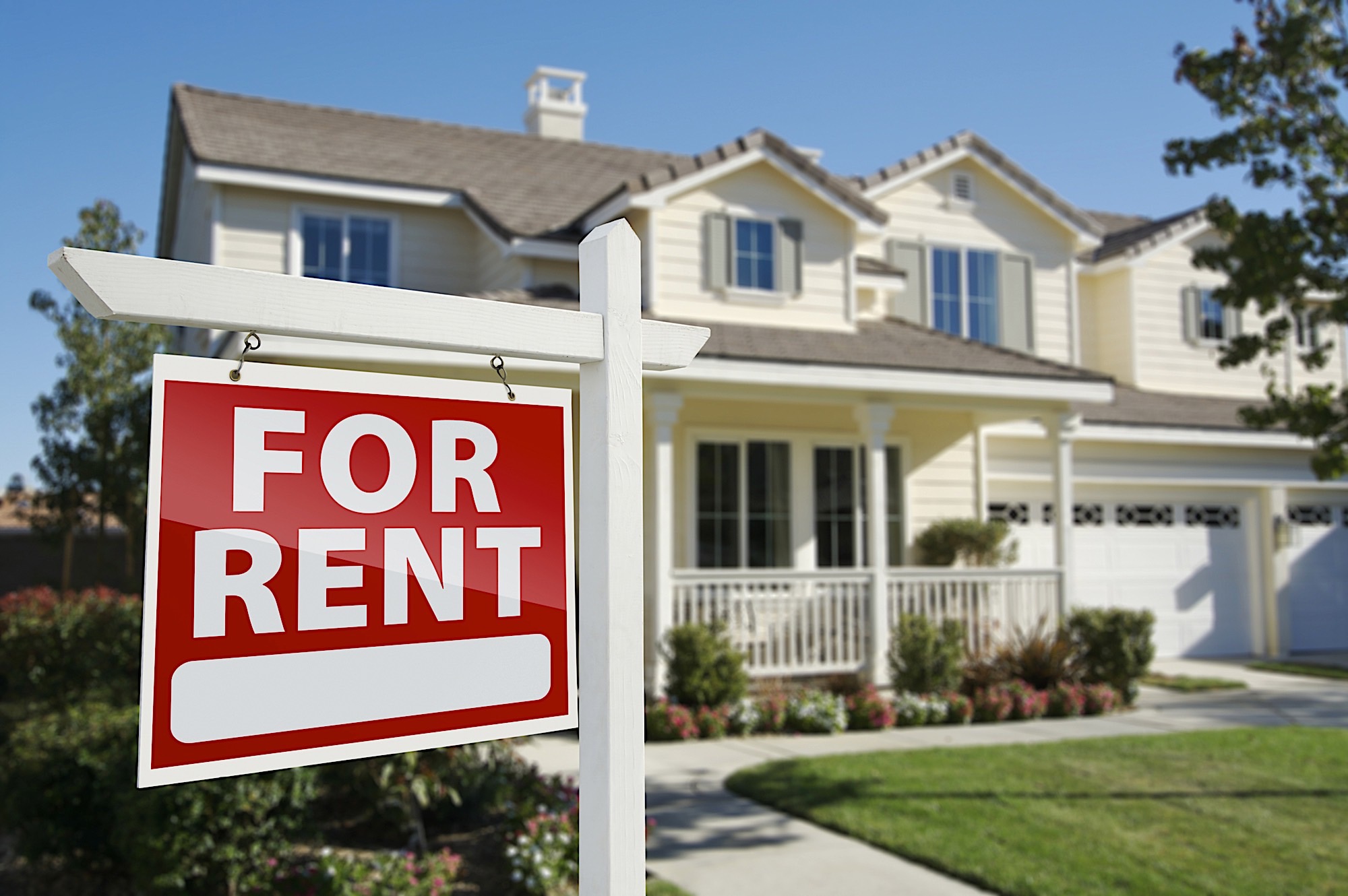 You hear the words “no money down” thrown around quite a bit these days on the real estate market, but is investing in a foreclosure or some other home that doesn’t require any money up front really a good idea? Well, it all depends. If you’re considering investing in a zero-down house, here are some things to consider.
You hear the words “no money down” thrown around quite a bit these days on the real estate market, but is investing in a foreclosure or some other home that doesn’t require any money up front really a good idea? Well, it all depends. If you’re considering investing in a zero-down house, here are some things to consider.
Can You Afford the Interest and Insurance?
If you pay less than 10% of a home’s total price as a down payment, your lender will need some protection in case you default on your loan. For that reason, you’ll have to purchase private mortgage insurance. This means that in addition to the higher interest rates that zero-down loans carry, you’ll also have to cover monthly insurance premiums.
If you’ve got a well-paying job but haven’t been saving your money, these costs can be manageable. However, if the reason you can’t make a down payment is that you’re already struggling to keep your head above water financially, then a zero-down mortgage isn’t going to solve any of your problems.
How Long are You Planning on Living in the House?
As a general rule of zero-down mortgages, if you attempt to sell your real estate investment within two years of buying it, you’ll be forced to cover 100% of the closing costs – which are often more than $1,000. On top of that, the increased costs of zero-down mortgages will make it hard for homeowners who’ve owned their house for less than five years to build up enough equity to make selling a house worthwhile.
What’s it all mean? If you have to resort to a zero-down mortgage in order to afford a house, then you probably aren’t ready to handle the costs associated with owning one. These mortgages are costly, and they make it hard to generate enough equity to sell a home in a short amount of time. So when is zero-down investing a good idea? If you’ve got a lucrative job and just happen to be one of those people who spends their money as fast as they earn it, it might work for you. In any other case, it’s better to save your money until you can make a down payment, and then apply for a standard mortgage instead.




